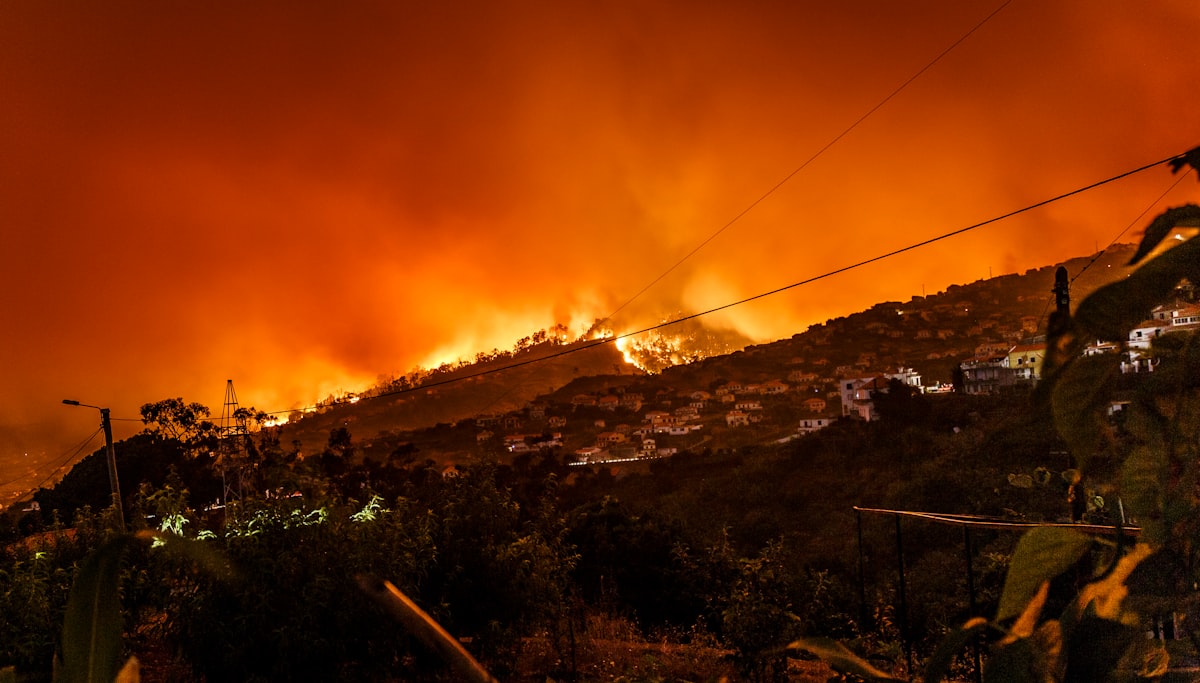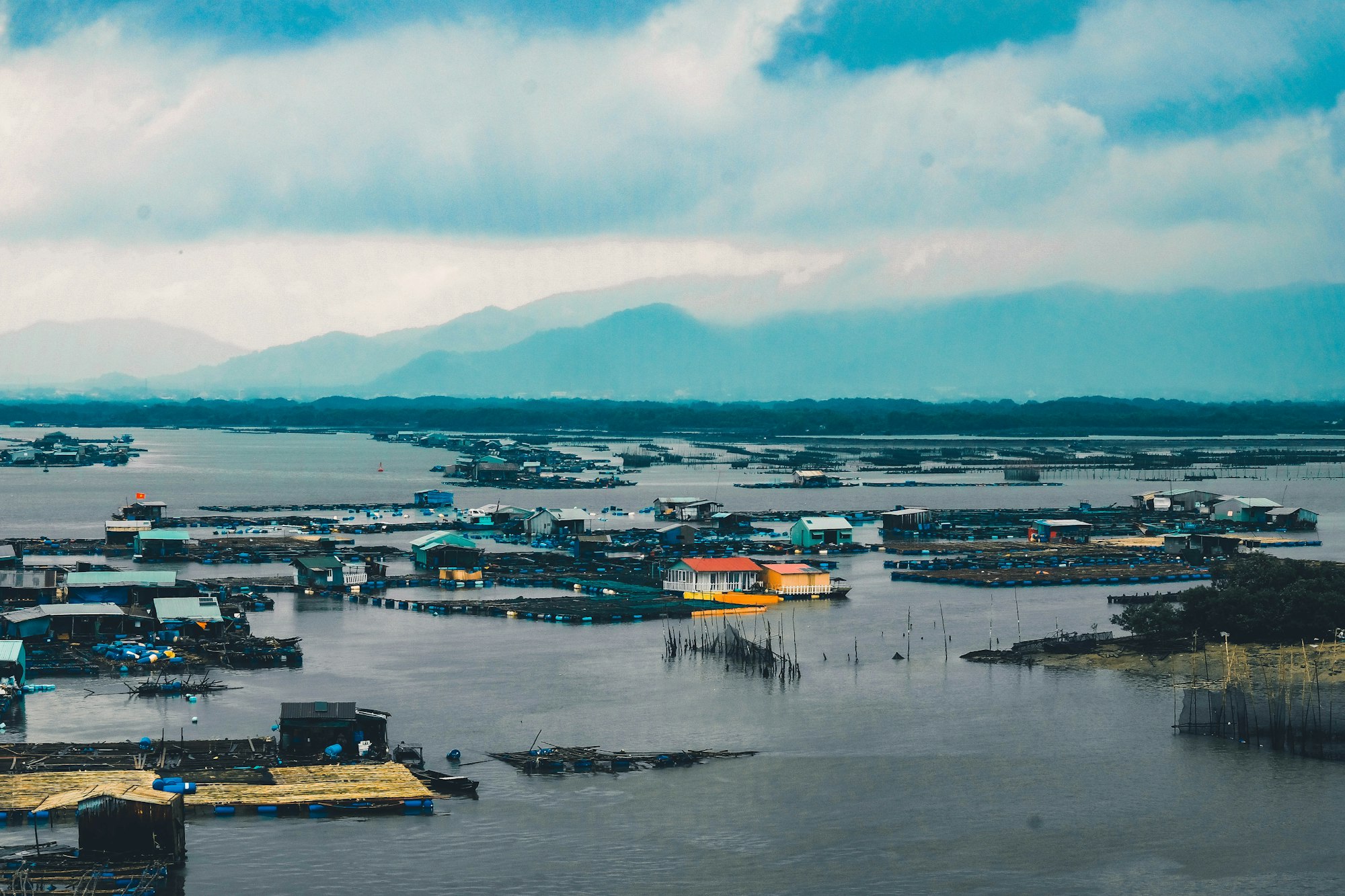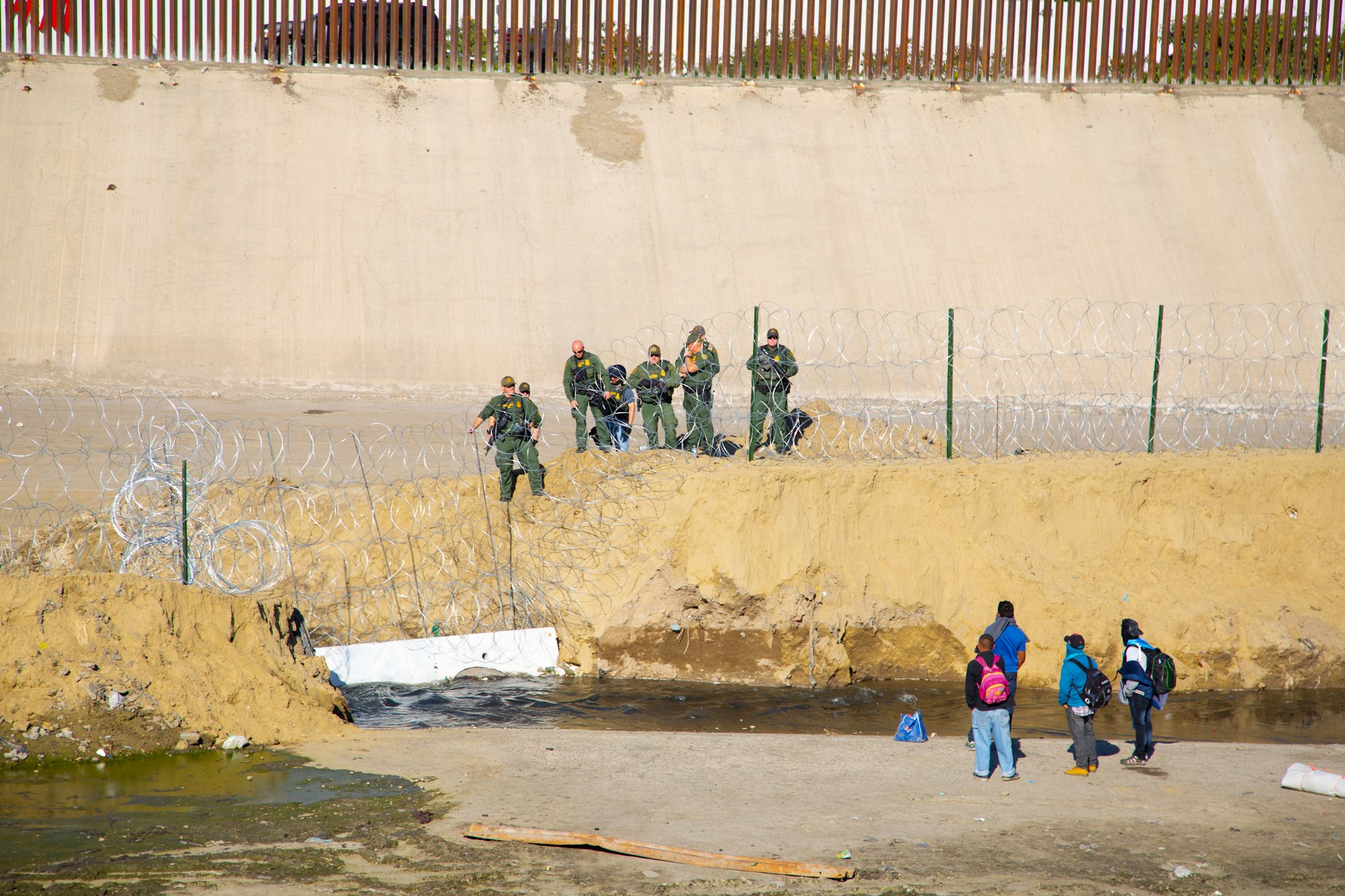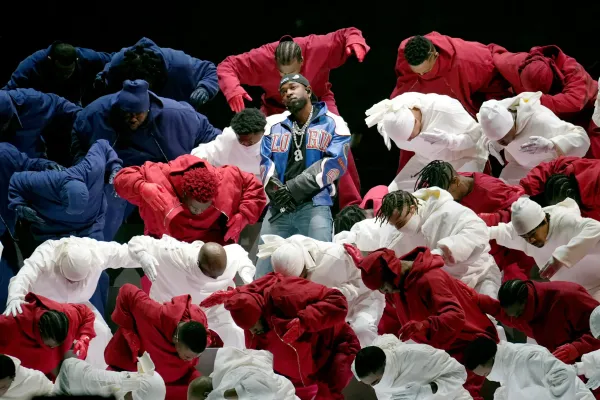We Can End the Climate Crisis. But Can We Prevent the Next One?

In just the past few weeks we've seen devastating flooding in Europe and China. And once again the climate crisis has taken the spotlight in the global consciousness. Every month we're faced with more examples that the effects of climate change are already here. It's not a distant threat anymore it's our reality.
Hank Green recently discussed solutions to climate change and made an interesting distinction by separating it into a technological problem and a justice problem.
Solving climate change is possible with current technology. We simply need to get rid of all sources of carbon emissions. Maybe "simply" is an understatement, but there are clear paths to keep global temperature increase below the target of 2℃ by 2100. New tech like carbon removal isn't even needed, it would only improve our outcomes. It's not too late to prevent the worst outcomes.
But it is too late for the world to go unscathed.
Our Reality

In recent years heatwaves have become more common and more intense. Nations like the Marshall Islands and Kiribati face becoming uninhabitable with rising sea levels. Droughts are increasing across the world. Devastating wildfires shock us every year. Even if we were to stop all carbon emissions today we'd still have the effects of a century of emissions to deal with.
But the tech to live with and manage these events already exist. Rising sea levels can be combated with sea walls and improved infrastructure. The effect of heatwaves can be lessened with improved urban design and access to air conditioning. Droughts can be solved by desalination or pumping water from areas that have excess.
None of it is unsolvable, but it all requires a ton of money. Wealthy nations will be able to afford those changes. But small island nations will likely just vanish. The countries that contributed the least to the climate crisis will likely suffer the most from its effects.
That's the justice problem.
System Change

Many environmentalists believe the only solution to climate change is completely changing our systems.
But unless we recognise the overall failures of our current systems
We most probably don't stand a chance - Greta Thunberg
But I'm not so sure that's true. At some point in a crisis business as usual becomes too costly to continue. At some point, reluctant changes are made because you can't have a growing economy when your consumers are in peril.
The climate crisis is just the latest and most dangerous in a series of environmental disasters we've either averted or learned to live with in the past century.
As a child, the hole in the ozone layer was particularly scary but it's rarely spoken of now. The compounds that lead to depleted ozone were eventually banned and the Antarctic ozone is expected to recover to the 1980 level around 2070.
In the 1930s in the US and Canada, poor farming practices lead to the Dust Bowl, a decade of drought and dust storms. Eventually, the problem was addressed and while many people suffered the land is now productive once again.
None of these solutions tackled the root of the problems, only the immediate challenge. Are our farming practices more sustainable now? Or are they just unsustainable in a different way? Did the ozone layer issue lead to a stronger response to future environmental issues? Clearly not.
But they were solved.
Deja Vu

We'll likely solve the climate crisis through similar efforts that tackle the immediate problems. But what will our actions lead to next?
At the root of the climate crisis and past environmental disasters is our society itself. A desire for growth at any cost lead to unsustainable practices that had an ecological impact. Self-interests got in the way of the greater good. The problems were only solved when it was unprofitable not to.
What we need is a transformation of our society. A system that values sustainable businesses more than simply the fastest growing. Where a business' impact on society at large is just as important as its profits.
And while the current issue will get solved the people who suffer the most are rarely compensated. The Dust Bowl lead to approximately 3.5 million people moving out of the Plains states, one of the largest migrations in American history.
The climate crisis even if solved will likely lead to one of the greatest migrations in human history. Will the people displaced be welcomed by the rich nations most responsible for their tragedy? Probably not.
The Next One

The technological problem is easy. The justice problem...doesn't boost profits and will likely remain unsolved.
Our current systems will eventually solve the climate crisis just in time for many of us to continue living as we do today. But many will be left permanently scarred and without reparations.
Until we transform how we value and determine worth, short term gain will always be prioritised over sustainability. And immediate problems will be solved only when there's no other choice.
Plastic has polluted every inch of the environment. It's in our water, our food, and us. The effects aren't yet understood. But many will likely suffer before it's truly addressed. The poorest will suffer the most. But our species will likely survive.
My fear isn't that the climate crisis will doom our species. I'm 99.9999% sure we'll survive. My biggest fear is that we won't learn the right lessons and this cycle of flirting with disaster and the masses suffering will continue. Until one day we find ourselves in a crisis where the technological problem is the real challenge. A society that can't solve justice problems will continue to create them until no one is left unscathed.




